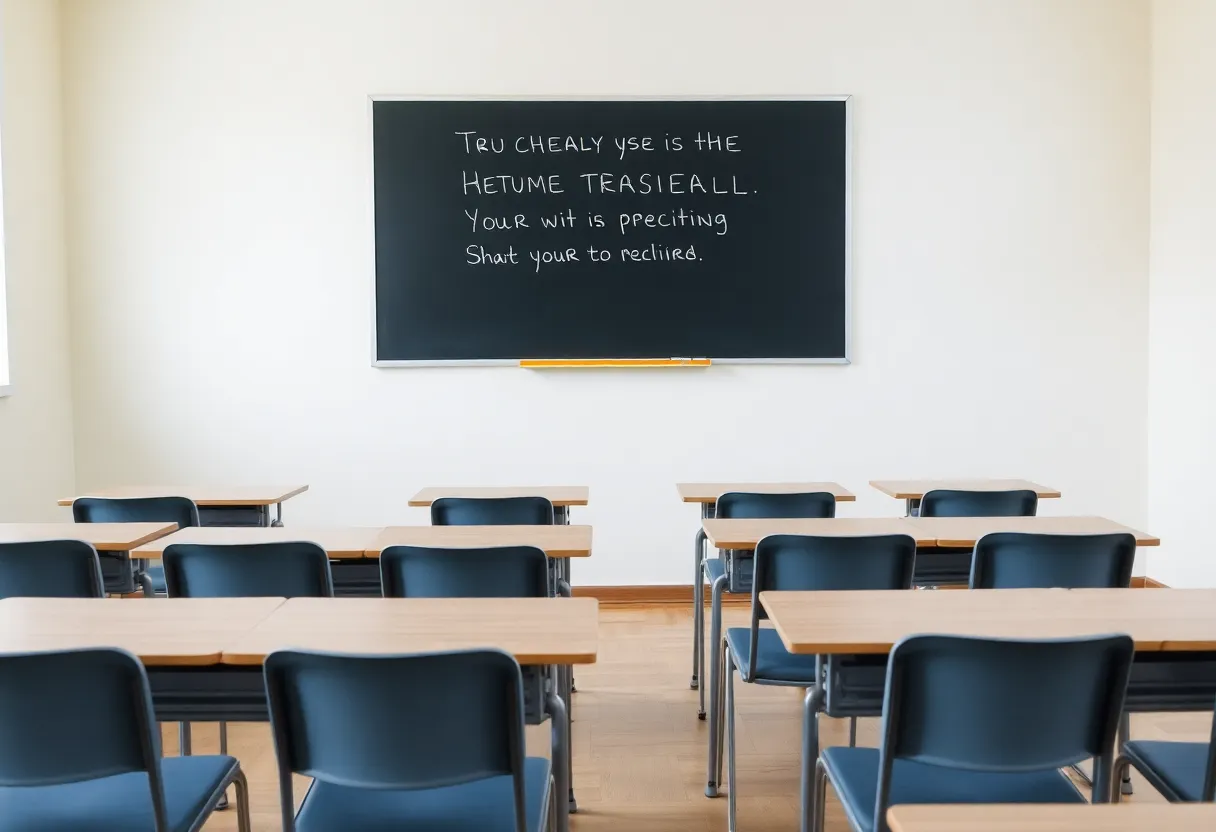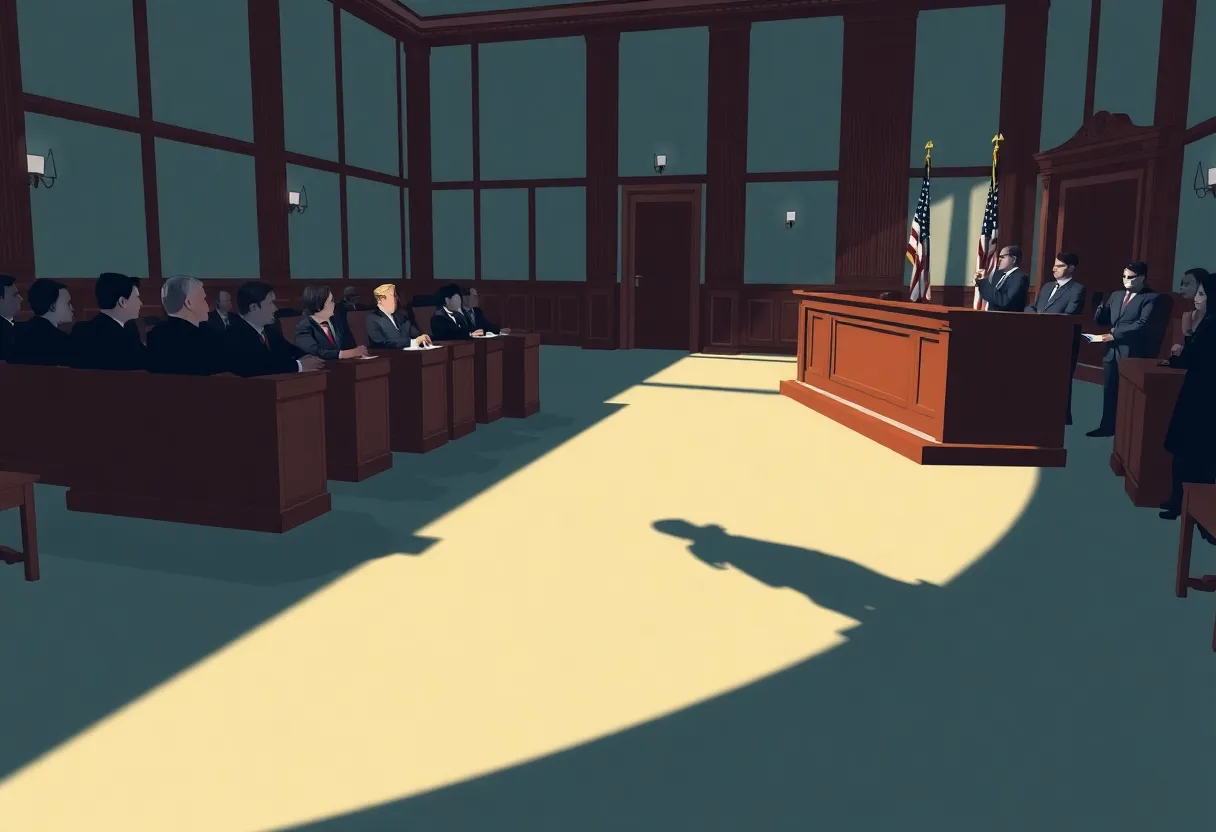COLUMBIA, S.C. – Addressing the Teacher Shortage in South Carolina
South Carolina is experiencing a significant teacher shortage that has intensified over recent years. Educators and advocacy groups are now looking to lawmakers to help alleviate this pressing issue as they prepare for the upcoming legislative session.
Who is Involved?
The key players in this situation are South Carolina’s teachers, the state government, and educator advocacy organizations, particularly the Palmetto State Teachers Association (PSTA). Both Governor and State Superintendent of Education, Ellen Weaver, have expressed a strong desire to increase the minimum salary for teachers in South Carolina to $50,000 by 2026, with hopes of achieving this goal even sooner.
What is the Situation?
The teacher shortage in South Carolina is alarming, with around 1,600 teaching positions unfilled at the start of the last school year. The number of vacancies for the current year remains to be officially reported but is expected to follow similar trends. Not only is recruitment becoming increasingly challenging, but there is also a pressing need to retain talented educators who are already part of the workforce.
Where and When is This Happening?
This widespread shortage is being felt across South Carolina. The state legislature will be reconvening in January, at which point they will start to consider budget requests aimed at addressing this crisis.
Why is This Important?
The urgency around resolving the teacher shortage is undeniable. Patrick Kelly, the Director of Government Affairs for PSTA, emphasizes the need to raise teacher salaries alongside expanding the salary schedule to retain skilled educators. “We need to recruit more talent, but we also have to retain the excellent teachers we already have,” he states. He advocates for essential reforms in teaching contracts and improvements in working conditions. Teachers are requesting smaller class sizes and more time for lesson planning.
Furthermore, the PSTA has highlighted the crucial need for enhanced school safety measures. Kelly warns that “If schools are not safe, it disrupts student learning and creates unfavorable working conditions for educators.”
Next Steps for Legislation
In addition to proposed salary raises, Superintendent Weaver plans to seek funding from the General Assembly for a new strategic compensation pilot program, with an initial budget of $5 million already allocated for 2024. This program aims to recognize and reward the outstanding contributions of teachers across the state.
As lawmakers prepare for their upcoming session, they are faced with the task of developing solutions that will bolster teacher recruitment and retention efforts. With a record investment in teacher pay already made this year, the hope is that subsequent measures will continue to foster a positive environment for both current and prospective educators in South Carolina.
The urgency of this issue underscores the critical role that teachers play in shaping the future of education in the state. As South Carolina approaches the next legislative session, the focus remains on resolving the ongoing teacher shortage to ensure that students receive the quality education they deserve.







